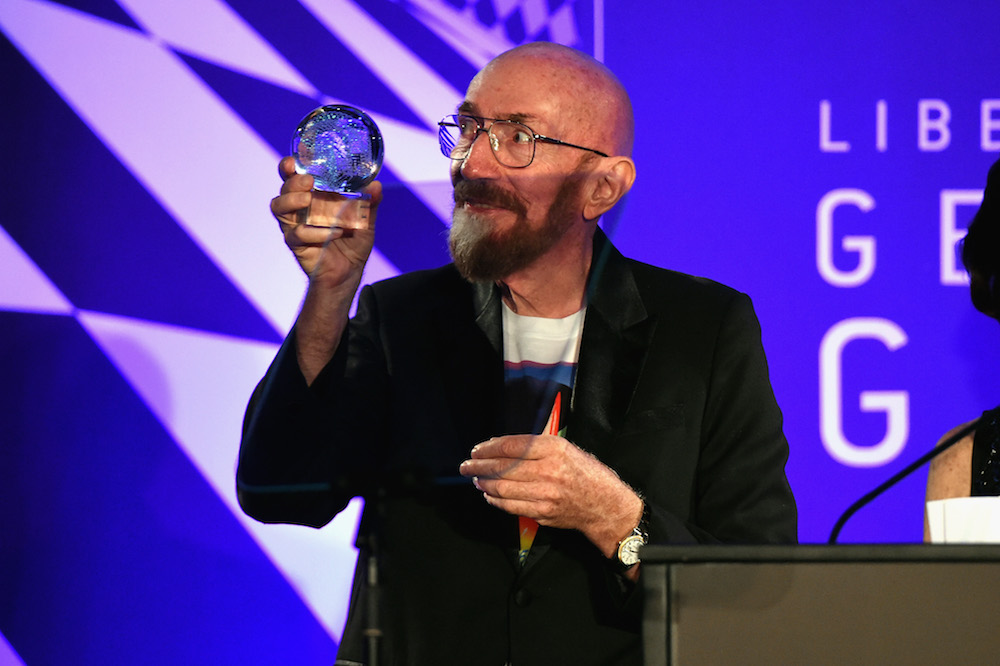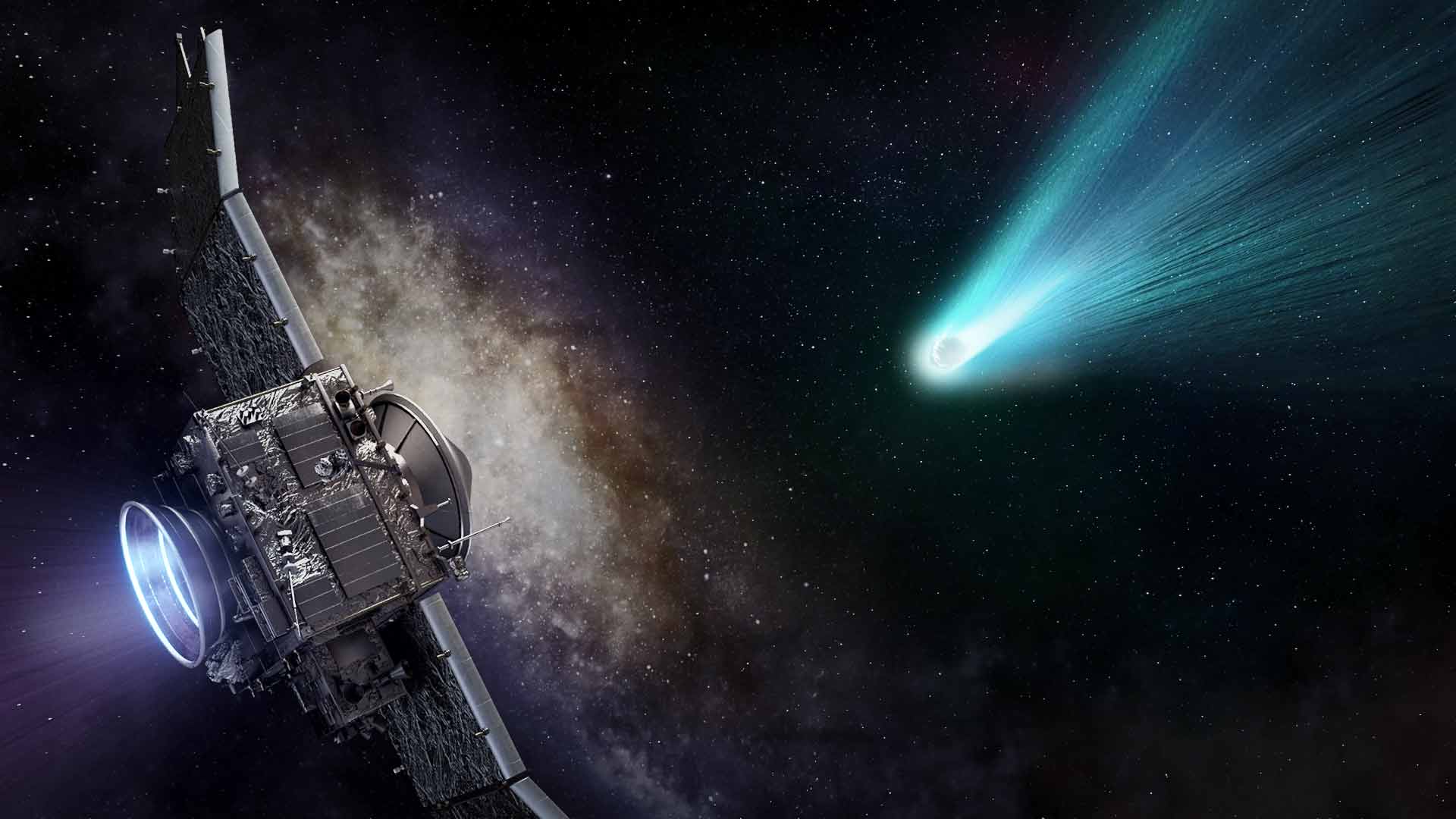Physicist Kip Thorne Talks Black Holes at the Genius Gala Awards

JERSEY CITY, N.J. — Four innovators received awards at the fifth annual Genius Gala at Liberty Science Center in New Jersey, turning Friday night here into a geekfest.
The brilliant recipients included paleontologist Jack Horner, astrophysicist Kip Thorne, architect Frank Gehry and social psychologist Ellen Langer from Harvard University.
Buzzing drones snapped photos of the guests outside the event, and R2-D2s zipped around the cocktail reception. [See Photos of the Genius Gala Geekfest]
During his acceptance speech, Thorne said he felt "like a fraud" and that he's "not a genius." Thorne honored the colleagues he worked with while discovering gravitational waves this past September. Albert Einstein famously predicted the existence of gravitational waves, or ripples in space-time, about 100 years ago, in 1915.
The Laser Interferometer Gravitational-wave Observatory (LIGO) team determined that the gravitational waves were emanating from two black holes that at first circled each at half the speed of light and eventually collided about 1.3 billion years ago.
However, Einstein also famously predicted that gravitational waves would never be detected.
"He said that humans [would] never detect these gravitational waves, because they're so weak," Thorne said. "This superb LIGO team proved him wrong, in the process of proving him right."
Get the world’s most fascinating discoveries delivered straight to your inbox.
It's no surprise Einstein had his doubts. The collision produced waves "that carried off as much power as 50 times all the stars in the universe put together," but by the time LIGO detected these waves, they were fluctuations about a thousand times smaller than the diameter of a proton, Thorne said.
The four awards were interspersed with performances from other brainy guests. Pianist Peter Dugan and violinist Charles Yang, who were trained at Juilliard School in New York, performed a haunting cover of "House of the Rising Sun" by the band The Animals. And American chess champion Fabiano Caruana went head to head with Baltimore Ravens player and Massachusetts Institute of Technology math doctoral student John Urschel in a round of blitz chess. (Caruana won the match, but Urschel put up a good opposition.)
Horner was honored for his life's work studying dinosaurs, including his discovery that some of the animals were social, caring parents. Horner advanced in the field of paleontology despite his dyslexia, which made it impossible for him to graduate from college.
Gehry spoke about how he wants to create buildings that "engender feeling."
Langer, who has been called the "mother of mindfulness," was also the first tenured female professor in psychology at Harvard. She spoke about her work in this area, and urged people to question their worlds and embrace uncertainty.
"Most of us, much of the time, are mindless," she said. "Science only gives us probabilities, which is better than not having anything. However, those probabilities are translated as absolute facts, and when you know something absolutely, there's no reason to pay any attention."
Liberty Science Center also announced that it would open the largest planetarium in the Western Hemisphere, with a planned debut in December 2017. The center is also holding drone festivals, including the Liberty Cup, a drone race that will take place this summer, said Paul Hoffman, president and CEO of the center.
Follow Laura Geggel on Twitter @LauraGeggel. Follow Sara G. Miller on Twitter @saragmiller. Follow Live Science @livescience, Facebook & Google+. Original article on Live Science.

Laura is the managing editor at Live Science. She also runs the archaeology section and the Life's Little Mysteries series. Her work has appeared in The New York Times, Scholastic, Popular Science and Spectrum, a site on autism research. She has won multiple awards from the Society of Professional Journalists and the Washington Newspaper Publishers Association for her reporting at a weekly newspaper near Seattle. Laura holds a bachelor's degree in English literature and psychology from Washington University in St. Louis and a master's degree in science writing from NYU.


